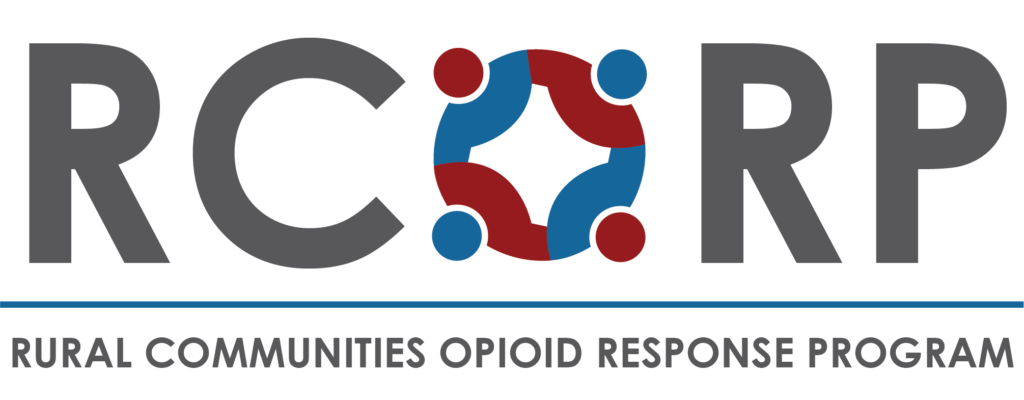Implementing contingency management into rural recovery housing: recommendations of a professional advisory expert panel.
Abstract (Provided by Journal)
Background: Rural areas in the United States have been severely impacted by recent rises in substance use related mortality and psychosocial consequences. There is a dearth of treatment resources to address substance use disorder (SUD). Rural recovery houses (RRH) are important services that provide individuals with SUD with an environment where they can engage in recovery-oriented activities, but dropout rates are unacceptably high, and evidence-based interventions such as contingency management (CM) may reduce dropout and improve outcomes for RRH residents. In this paper, we describe the results of a national convening of experts that addressed important issues concerning the implementation of CM within the context of RRHs.
Methods:Twelve experts (five female) in the areas of CM, RRH and rural health participated in a one-day facilitated meeting that used nominal group technique to identify expert consensus in three areas as they pertain to RRH: (a) facilitators and barriers to CM implementation, (b) elements necessary for successful program building based on group feedback, and (c) recommendations for future implementation of CM.
Results: Several RRH- and system-level barriers and facilitators to implementing CM were identified by the panel, and these were categorized based on the level of importance for and ease of implementation. CM funding, staff and resident buy-in, set policies, education on CM, and consistent fidelity to CM procedures and tracking were identified as important requirements for implementing CM in RRH.
Conclusions: We provide recommendations for the implementation of CM in RRH that may be useful in this context, as well as more broadly.

